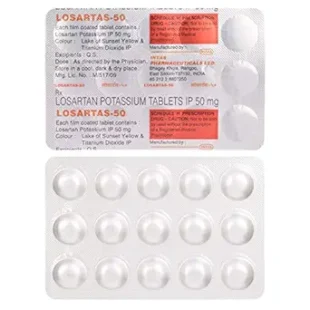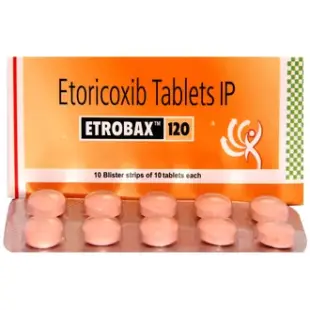- Your cart is empty
- Continue Shopping
Product introduction
Levera Injection is a medication used to manage epilepsy by preventing and controlling seizures (fits). It is classified as an anti-epileptic drug and can be administered alone or in combination with other treatments. This medicine works by stabilizing abnormal electrical activity in the brain, helping to reduce the occurrence of seizures as long as it is taken consistently.
The injection is given directly into a vein through a slow drip (infusion) by a qualified healthcare professional. It is generally prescribed for short-term use, especially when oral medicines are not suitable, such as in unconscious patients or those unable to swallow tablets. Once the patient’s condition improves, the doctor may switch them to oral medication for long-term seizure control. It is important to continue treatment exactly as prescribed, since stopping abruptly or missing doses could worsen seizures.
Some people may experience mild to moderate side effects such as sleepiness, dizziness, headache, loss of appetite, nasal and throat irritation, fatigue, and occasional behavioral changes like irritability, agitation, or aggression. These side effects are usually temporary and improve as the body adapts to the medicine. However, serious effects such as severe allergic reactions, persistent mood changes, or skin rashes should be reported to a doctor immediately. Rarely, some patients may develop thoughts of self-harm, in which case urgent medical help is needed.
Before starting treatment, it is important to inform the doctor if you have kidney issues, depression, or a history of suicidal thoughts. Pregnant or breastfeeding women should discuss potential risks and benefits with their doctor. Alcohol should be avoided, as it can increase drowsiness and raise the likelihood of seizures. This medication can cause sleepiness and dizziness, so it is advised not to drive or operate machinery while under its effect. Regular kidney function monitoring may be recommended during treatment.
Uses of Levera Injection
-
Management of epilepsy
-
Control of various types of seizures
Benefits of Levera Injection
Levera Injection belongs to a group of medicines called anticonvulsants. It helps in controlling different types of seizures, including myoclonic, partial-onset, and generalized tonic-clonic seizures. By slowing abnormal electrical activity in the brain, it reduces symptoms like sudden jerky movements, confusion, loss of consciousness, and fear or anxiety caused by seizures. With effective seizure control, patients may safely engage in everyday activities such as driving or swimming. The medicine usually requires gradual dose adjustment and may take a few weeks to show full benefits. It should be continued even when seizures stop, unless the doctor advises otherwise.
Possible side effects
Most side effects are mild and temporary. Consult a doctor if they persist or become concerning.
-
Sleepiness or drowsiness
-
Dizziness
-
Fatigue
-
Loss of appetite
-
Headache
-
Mood or behavior changes
-
Irritability or aggression
-
Agitation
-
Throat and nasal inflammation
-
Infections
How it is used
Levera Injection is administered by a healthcare provider. It should never be self-injected.
How it works
This medicine targets specific binding sites (SV2A) in the brain’s nerve cells. By acting on these sites, it reduces abnormal nerve activity, preventing the spread of signals that trigger seizures.
Safety precautions
-
Alcohol: Avoid alcohol, as it may increase side effects and the risk of seizures.
-
Pregnancy: Use during pregnancy should be carefully discussed with a doctor, as animal studies have shown possible risks to the baby.
-
Breastfeeding: Likely safe under medical supervision, but monitor the baby for drowsiness or feeding issues.
-
Driving: May cause dizziness or blurred vision; avoid driving if these occur.
-
Kidney problems: Dose adjustments may be required for those with kidney disease.
-
Liver issues: Generally safe, but patients with severe liver problems may need a lower dose.
Missed dose
If a dose is missed, take it as soon as possible. If it’s almost time for the next dose, skip the missed one and continue the regular schedule. Do not take extra doses to make up for the missed one













Reviews
There are no reviews yet.